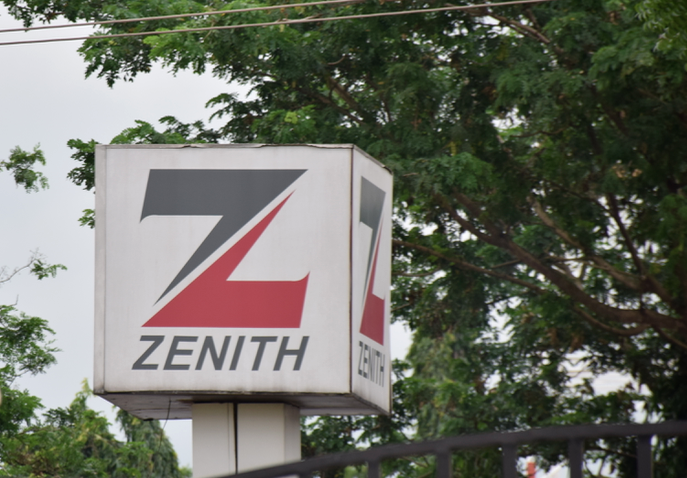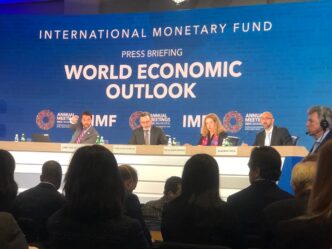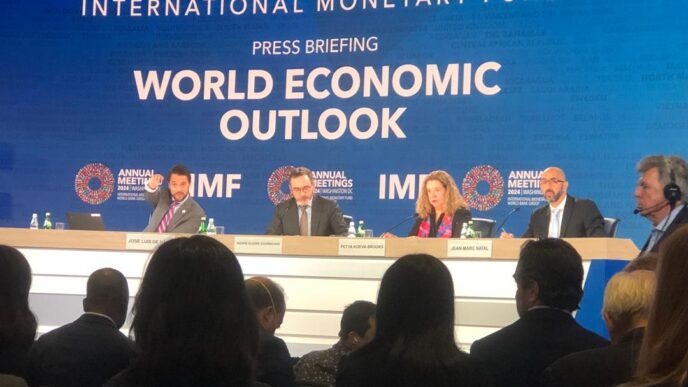The World Bank says the federal government incurred a significant loss of N13.2 trillion in foregone revenue as a direct consequence of the implementation of its foreign exchange (FX) subsidy policy in three years.
On October 17, Wale Edun, minister of finance and coordinating minister of the economy, said the FX subsidy era was gone.
Edun said the subsidy had cost the country over 5 percent of its gross domestic product (GDP) thereby causing financial strain.
In its latest Nigeria Development Update (NDU) report, the World Bank said the country lost N13.2 trillion as a total FX subsidy between 2021 and 2023.
Advertisement
The report showed that the total FX subsidy in 2021 was N2 trillion, N6.2 trillion in 2022 and N5 trillion in 2023.
World Bank said the foregone revenue only “benefitted certain groups at the expense of the entire country”.
The Washington-based institution also said the foreign exchange rate was closed in February 2024, thereby facilitating price discovery and FX supply, which is expected to be positive for trade, investment, and growth.
Advertisement
“Quantifying the fiscal cost, through forgone revenue of multiple exchange rates: Prior to the full FX unification in February 2024, the presence of a parallel FX premium generated enormous fiscal costs, in the form of forgone revenues,” World Bank said.
“This situation emerged because FX revenue inflows—such as oil and customs revenues, as well as a portion of domestic VAT and CIT which are paid in FX—were transferred to the treasury at the official exchange rate.
“However, due to the significant difference between the official and parallel market rates, the amount of naira-denominated revenue received by the Federation from FX-linked revenues was significantly reduced.
“The unification of the FX rate has therefore eliminated the forgone revenues that previously benefited certain groups at the expense of the entire nation.”
Advertisement
‘FORGONE REVENUE AFFECTED EARNINGS FROM OIL, VAT, CIT’
World Bank said the implicit forgone revenue from the premium in the FX rate impacted five main revenue streams to the government, including oil and gas revenue, import and excise duties, value-added tax (VAT) revenue, company income tax (CIT), and revenue accrued from government-owned enterprises (GEOAs).
According to the report, the GOEs include the Nigerian National Petroleum Corporation (NNPC), the Federal Airports Authority of Nigeria, the Nigerian Ports Authority (FAAN), and the Nigerian Maritime Administration and Safety Agency (NIMASA).
Giving further details, the World Bank said VAT on imported goods, which accounts for 44.3 percent of net VAT revenue, was charged in foreign currency between 2021 and 2023, while 40 percent of total CIT revenue collected by the federation was paid in FX within the same period.
Advertisement
“The estimated implicit forgone revenues from the FX premium were even larger than the PMS subsidy, underscoring the importance of maintaining a unified FX rate,” the World Bank.
“In 2022, when the cost of the PMS subsidy reached N4.5tn, representing 2.2 per cent of the Gross Domestic Product, the revenues forgone that emerged due to the large parallel rate premium are estimated to have been N6.2tn, representing 3 percent of GDP.
Advertisement
“N4.5tn of FX revenue was forgone from gross oil revenues and N1.7tn from the FX revenue forgone from non-oil tax revenues.
“These findings demonstrate that the FX unification reform not only addresses distortions in the FX market and the real economy but also has a substantial impact on restoring fiscal space.”
Advertisement
‘MAINTAIN UNIFIED FX RATE’
The World Bank urged the government to maintain a unified FX rate to benefit the economy by removing the large distortions the previous regime imposed.
Advertisement
“Maintaining the unified FX rate that Nigeria has achieved since February 2024 is essential from a fiscal perspective,” the Bretton Woods institution said.
“It should be noted that in addition to the large estimated fiscal benefits, the FX reform is also expected to benefit the economy by removing the large distortions the previous regime imposed, such as skewing the competitive landscape in favour of importers with preferential access to FX, making it more difficult and less profitable to export, and fueling rent-seeking and illicit activity.
“Focus on transparently supporting market liquidity and price discovery.”
The World Bank also urged the government to concentrate FX transactions in the official market, ease remaining restrictions, and channel oil-related inflows to the market.
Add a comment











